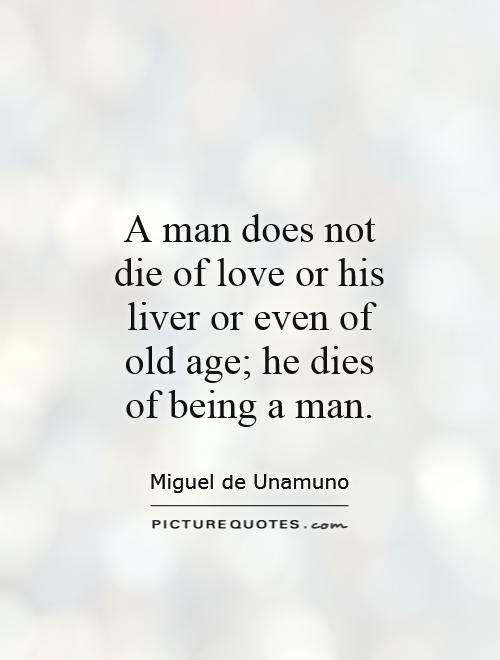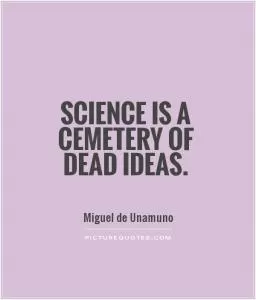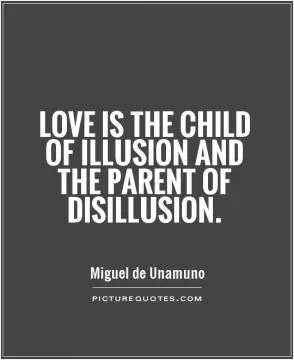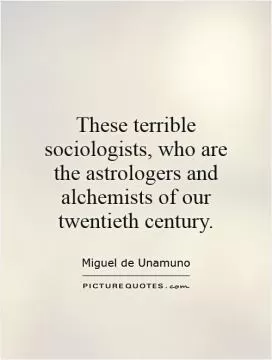A man does not die of love or his liver or even of old age; he dies of being a man

A man does not die of love or his liver or even of old age; he dies of being a man
Miguel de Unamuno, a Spanish philosopher and writer, is known for his profound insights into the human condition and the complexities of existence. One of his most famous quotes is, “A man does not die of love or his liver or even of old age; he dies of being a man.” This statement encapsulates Unamuno’s belief in the inherent struggle and suffering that comes with being human.Unamuno believed that the essence of being human is the constant confrontation with our mortality and the limitations of our existence. Love, liver disease, and old age are merely external factors that may contribute to our demise, but ultimately it is the burden of our humanity that leads to our death. The awareness of our mortality, the fear of the unknown, and the existential angst that comes with being conscious beings are what truly define our experience as humans.
Unamuno’s philosophy is deeply rooted in the idea of the “tragic sense of life,” which he believed was essential to understanding the human condition. He argued that human beings are unique in their ability to contemplate their own mortality and to grapple with the meaning of their existence. This awareness of our own finitude is what sets us apart from other animals and drives us to seek meaning and purpose in our lives.
For Unamuno, the struggle to find meaning in a seemingly indifferent universe is what defines the human experience. It is this struggle that ultimately leads to our death, as we grapple with the inherent contradictions and uncertainties of our existence. Love, liver disease, and old age are merely manifestations of this larger struggle, but it is our humanity itself that is the ultimate cause of our demise.












 Friendship Quotes
Friendship Quotes Love Quotes
Love Quotes Life Quotes
Life Quotes Funny Quotes
Funny Quotes Motivational Quotes
Motivational Quotes Inspirational Quotes
Inspirational Quotes